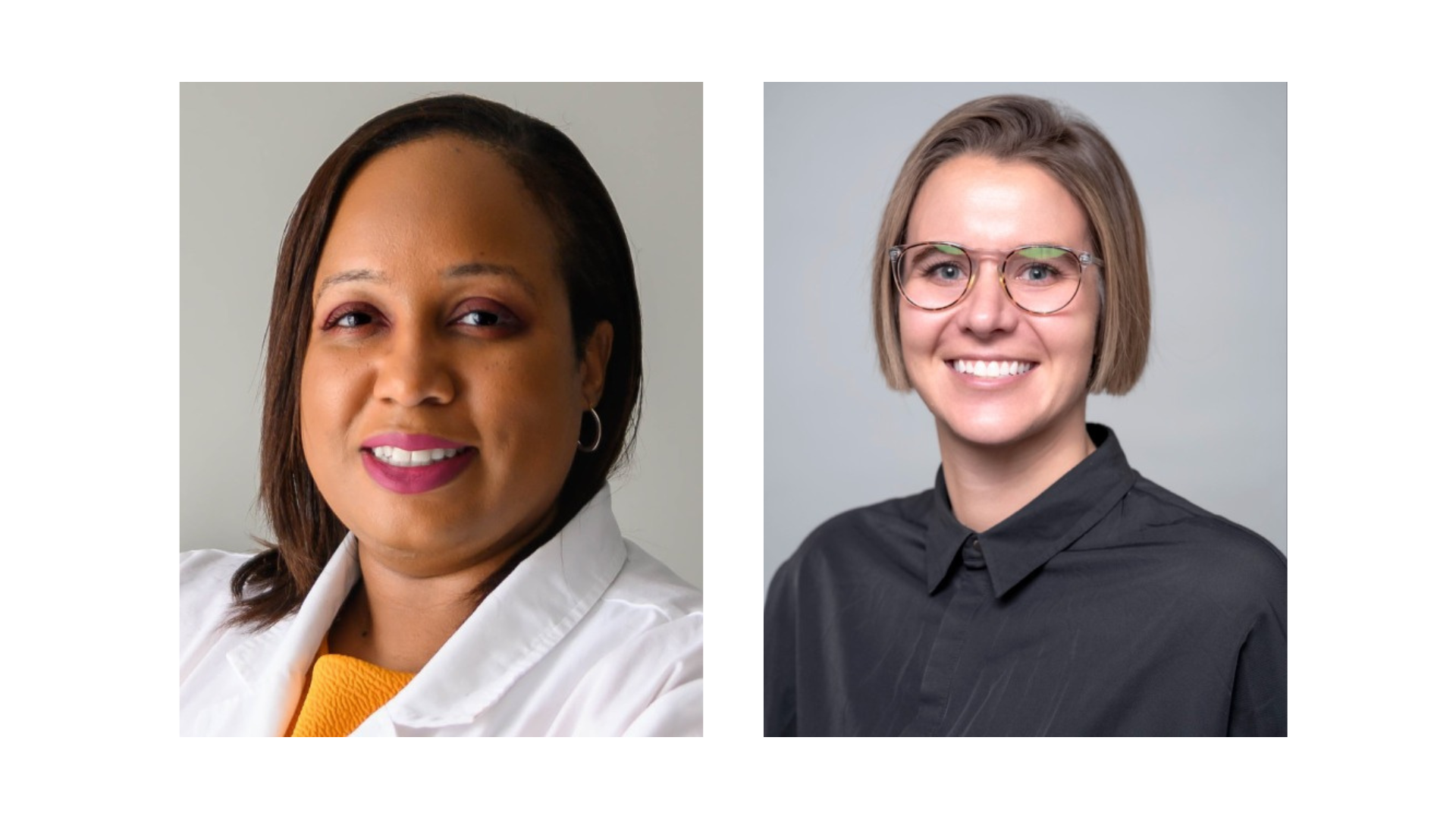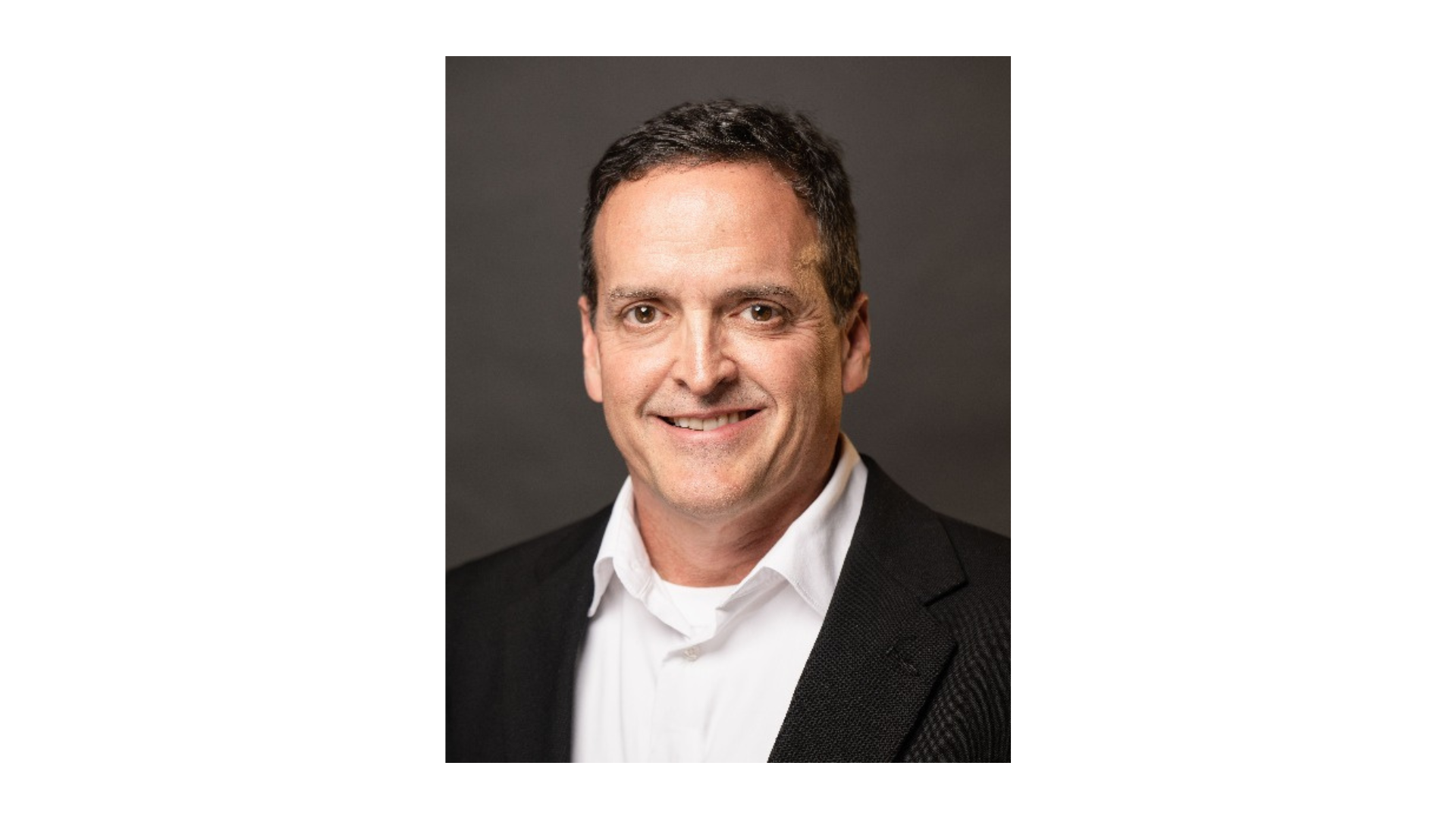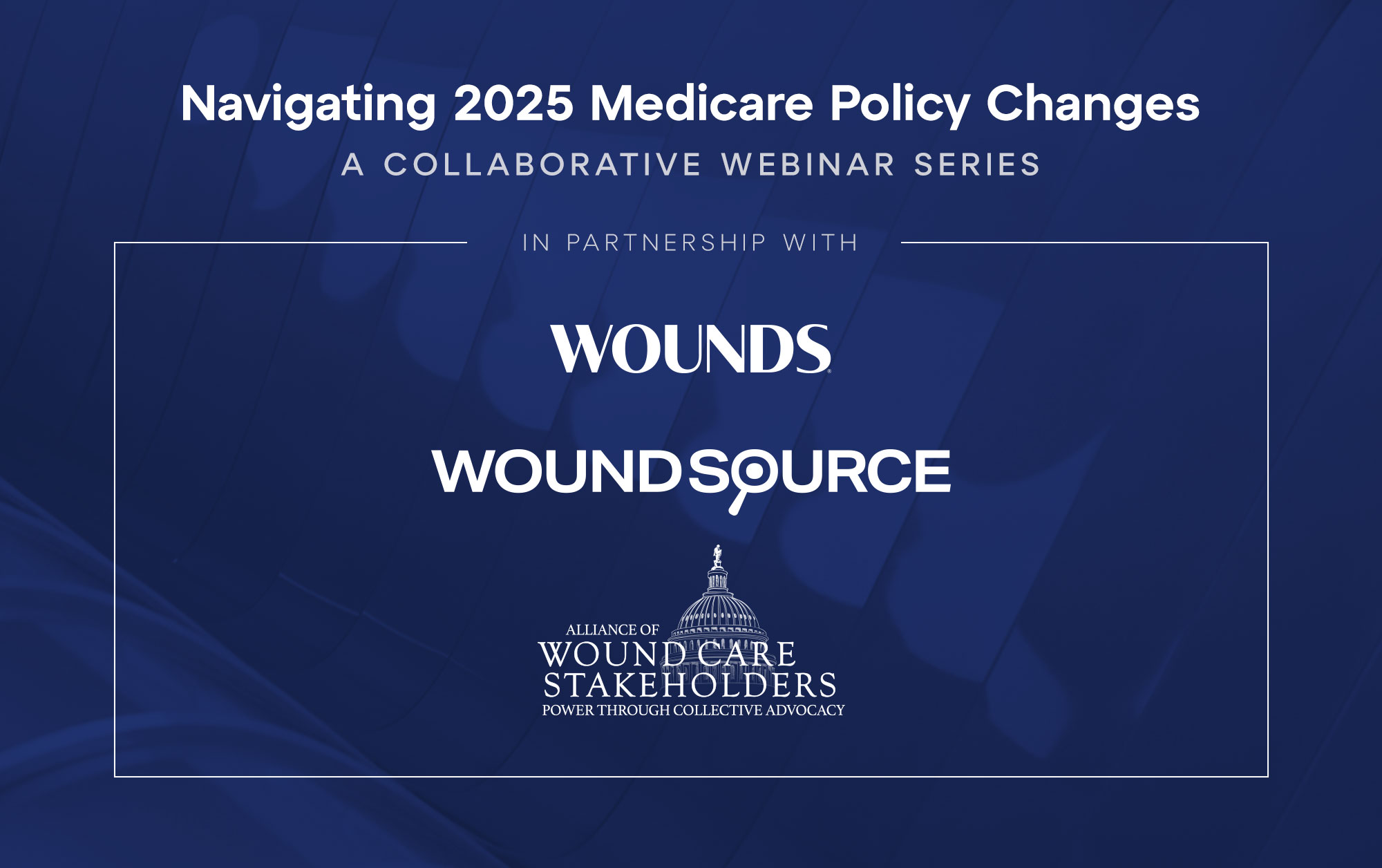Forget Dr. Google! Helping Patients Understand Wound Care Goals
October 26, 2022
About 89 percent of people who come to doctors’ offices have already Googled their symptoms, notes D. Scott Covington, MD, FACS, CWSP.1 He says most patients wanted to see how serious their health condition was before going to an actual doctor. “They’re armed with misinformation. They’re really on the wrong path,” Dr. Covington told the audience at his presentation at the Symposium on Advanced Wound Care (SAWC) Fall. Of the online health information seekers, Dr. Covington noted:
- 39% looked for information related to their own situation2
- 39% looked for information related to someone else’s health or medical problem2
- 35% tried to figure out what medical condition they or someone else might have (“online diagnosers”)2
- Majority of respondents “appeared confident that they were accessing reliable information”3
- However, most did not share this information with their doctors3
“They don’t tell you the reams of information they downloaded,” said Dr. Covington. “They come in in a real state of emotional distress.” Online health information includes peer-reviewed studies, professionally reviewed articles, blogs, opinions, and anecdotes. The problem, said Dr. Covington, is that information quality can vary, and patient understanding can vary. He said there is misinformation, emotional distress, and an increased tendency toward self-diagnosis or self-treatment. Once the patient does come to the office, Dr. Covington stressed the importance of communicating with the patient about wound science, care goals, and expectations/responsibilities. He noted one should understand and communicate the patient’s pathologic basis for healing failure. Dr. Covington told the audience it is the patient’s job, not his, to heal the wound, and he can only serve as a guide to healing and service technician. “I can’t make any of their fibrinogen grow collagen,” he said. Dr. Covington said the patient needs to know the following:
- What is my problem, and how bad is it?
- What are my treatment options?
- What will it “cost” me—in finances, time commitment, or pain—to follow my doctor's recommendations?
- When will I be well/healed/done?
Dr. Covington said the doctor should also know their patient's cognitive level, level of education, and personal interests. He suggested tailoring wound science to one of those individual interests, such as telling a plumber with an ulcer due to arterial insufficiency that “The reason the wound isn't healing is that your pipes are clogged,” or telling a gardener, “Beautiful roses need lots of sun, fertilizer, and water to grow. You have a kink in your garden hose.” In addition, Dr. Covington noted the importance of speaking the patient’s language and using a translator if necessary, speaking with deference and respect, and communicating empathy and compassion. “How we speak and how we understand who we’re speaking to are critical in our communication process,” Dr. Covington told attendees. D. Scott Covington, MD, FACS, CWSP, is the Medical Director of the Center For Advanced Wound Healing and Hyperbaric Medicine, Halifax Health, in Daytona Beach, FL.
References
- Eligibility Team. The most Googled medical symptoms by state. Published March 19, 2019. Available at https://eligibility.com/medicare/states-most-googled-medical-symptom .
- Pew Research Center. Majority of adults look online for health information. Updated February 1, 2013. Accessed October 5, 2022. https://www.pewresearch.org/fact-tank/2013/02/01/majority-of-adults-loo….
- Diaz JA, Griffith RA, Ng JJ, Reinert SE, Friedmann PD, Moulton AW. Patients’ use of the internet for medical information. J Gen Intern Med. 2002;17(3):180–185.
The views and opinions expressed in this blog are solely those of the author, and do not represent the views of WoundSource, HMP Global, its affiliates, or subsidiary companies.
The views and opinions expressed in this content are solely those of the contributor, and do not represent the views of WoundSource, HMP Global, its affiliates, or subsidiary companies.











